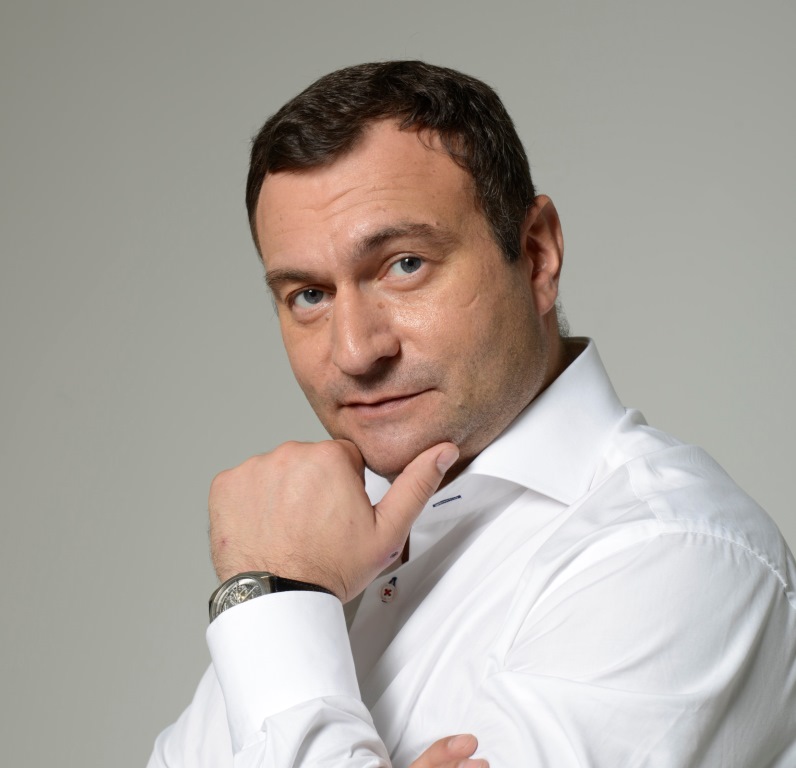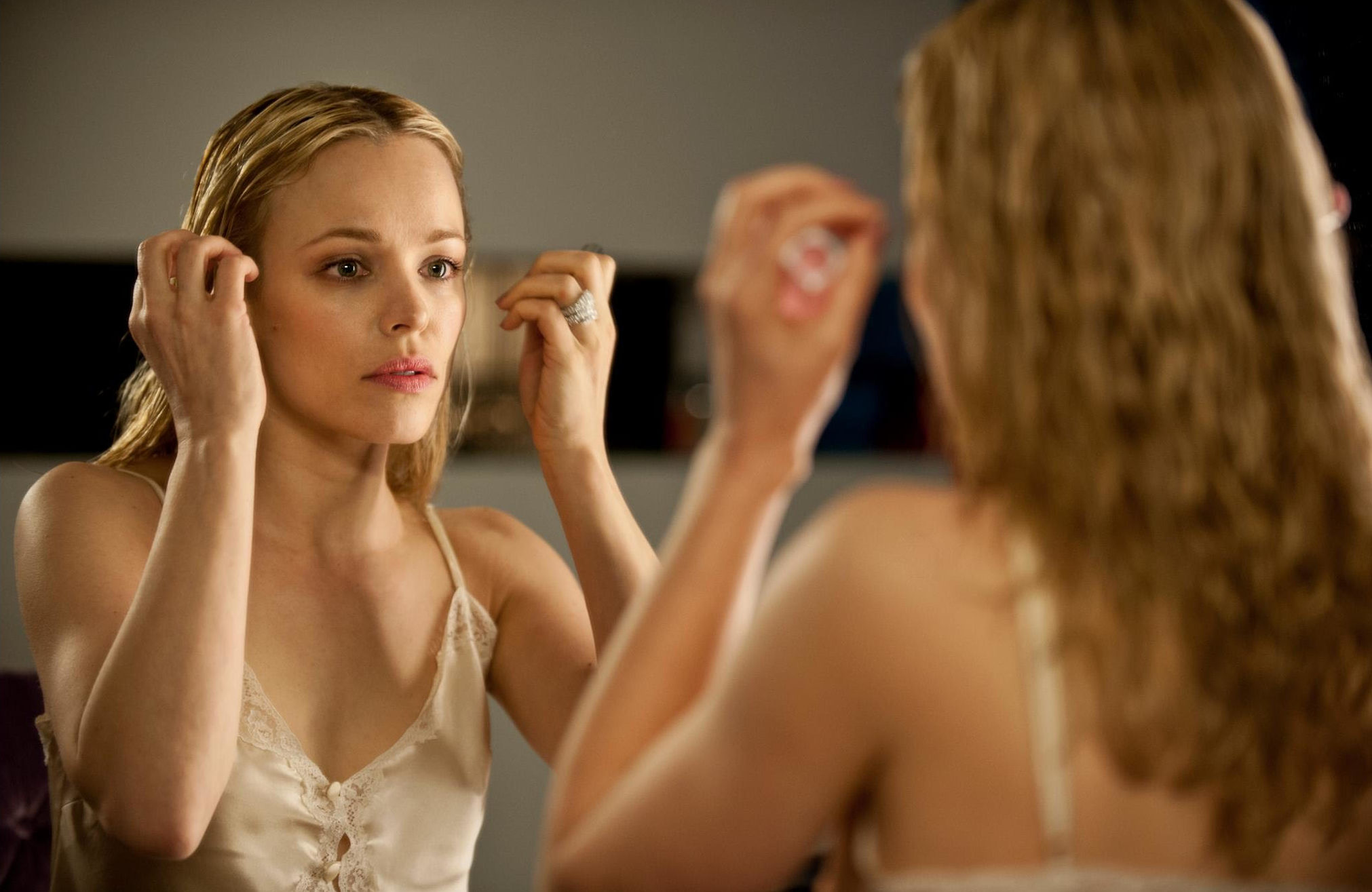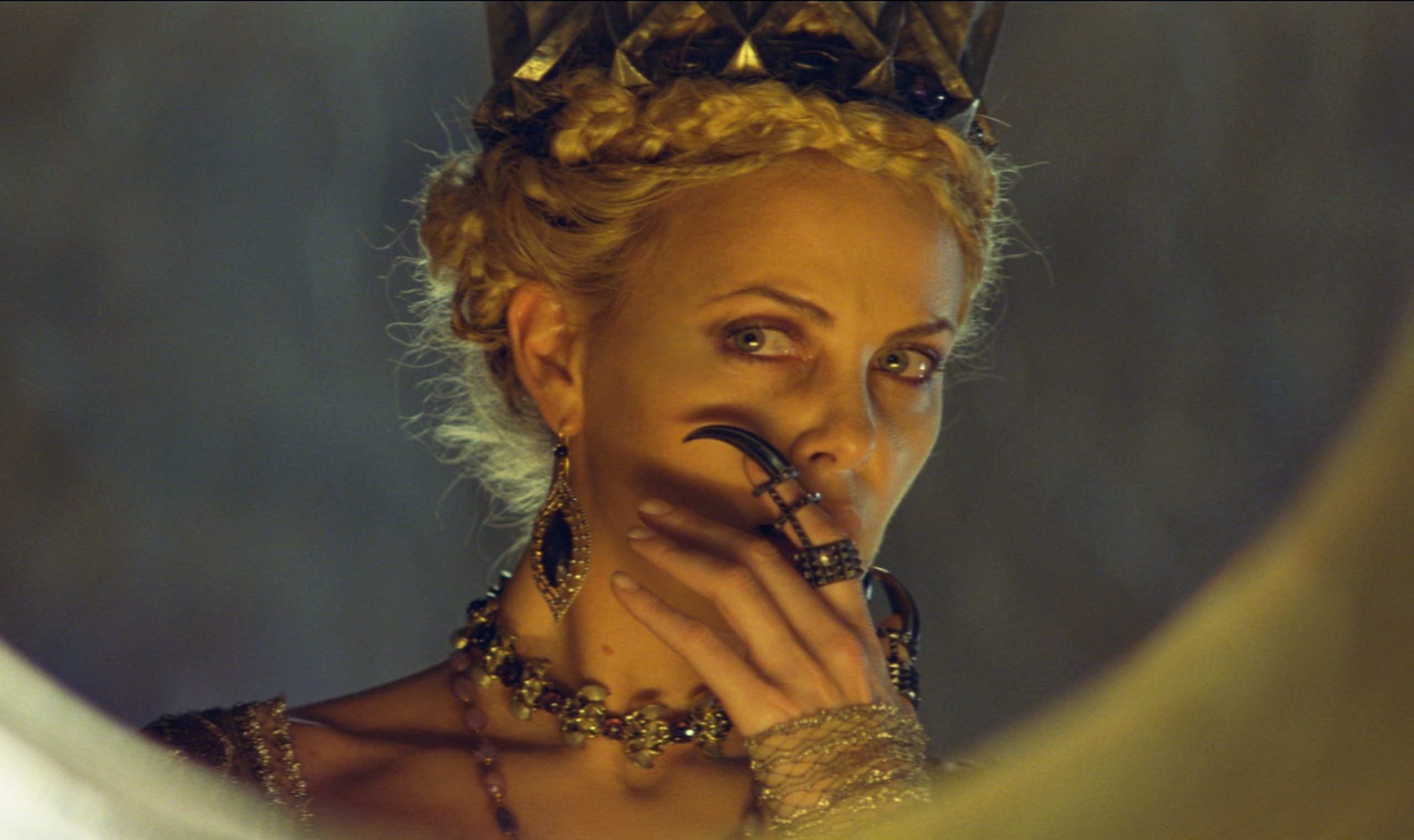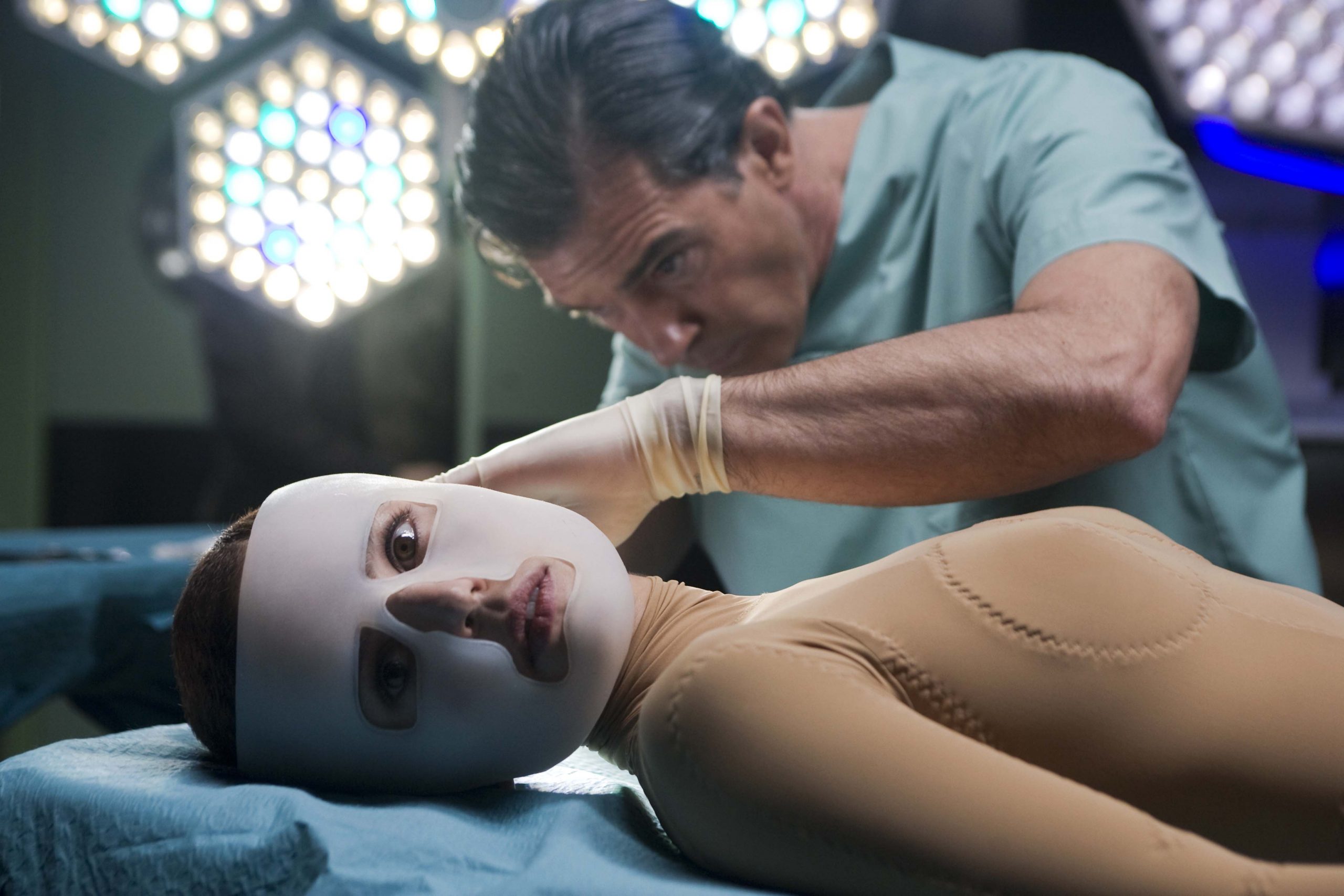Getting plastic surgery in the 21st century is like going to the grocery store. The ease of deciding to go under the surgeon’s knife is also added by bloggers who split several posts on social networks into “changes” (with links to surgeons, of course).
Indeed, plastic surgery of the face or body is a popular desire of girls. Many dream of changing the shape of the nose, lips, eyes, making the chest or hips more expressive. However, the result of the operation does not always meet the expectations of the patient. Then there is the desire to remake the plastic.
In what cases is it possible and in what cases is it impossible to do a second operation? Otari Gogiberidze, a leading plastic surgeon and founder of the Beauty Time clinic, explains.

Otari Gogiberidze, plastic surgeon, founder of Beauty Time clinic
Good Reasons to Redo Plastic Surgery
Patient’s subjective dissatisfaction with the result

The expectations of the patients may not always be realistic, the surgeon cannot always predict the final result one hundred percent. Therefore, in some cases, when the patient is not completely satisfied with the obtained facial features or body contours, the surgeon may accept corrective or repetitive intervention.
Injury in the operated area
In the process of playing sports, it is very easy to get serious injuries as a result of an accident, an accident or just in everyday life. Operated noses are often injured and a second rhinoplasty is required to restore the normal appearance and function of this organ. Often such situations occur with silicone implants: external influence can cause deformation or even rupture of the implant, and then it must be urgently removed or replaced.
Incorrect result of first aid
The reasons for the negative result of plastic surgery can be very different. Patients do not always follow all the recommendations of the rehabilitation period, which leads to improper healing and deformations. The surgeon may be incompetent, ignore the features of the patient’s anatomy, or simply approach the operation carelessly. The individual characteristic of the organism is also important: a tendency to edema, low skin regeneration.
Situations where the surgeon is more likely to reject the replasty
Unstable mental state of the patient

People with an active psyche turn to plastic surgeons much more often than you might think. Even with the ideal result of the first surgery, the patient may not be satisfied and may want to do everything again. These are signs that the root of the problem lies at the level of psychology. The cause may be depression or complexes, dysmorphophobia (a painful obsessive dissatisfaction with appearance), or even serious mental disorders, including schizophrenia. In this case, it is unreasonable and unethical to perform the operation – this patient needs the help of completely different specialists.
Poor health, contraindications
Plastic surgery is a full-fledged surgical intervention performed under general anesthesia and puts a great strain on the body. Therefore, it is necessary to undergo a full examination to determine possible risks and contraindications before plastic surgery. If disease and health features are found that do not allow for a second intervention, this idea should be abandoned. In this case, not only your appearance, but also your health and even your life are in danger. Categorical contraindications for plastic surgery are blood diseases, heart diseases, diabetes mellitus, autoimmune diseases, oncology, exacerbation of any chronic conditions.
externally imposed desire to change appearance
Very often the following situation arises: the patient is satisfied with the result of the operation, but one of his relatives makes an unfortunate comment that causes him to rush to the surgeon with a desire to redo everything. The opinion of a partner, mother, best friend or rude co-worker is often very important to a person who is not very confident. If the surgeon understands that the patient wants to change facial features that are not voluntarily, he will most likely refuse plastic surgery.
Source: People Talk
Elizabeth Cabrera is an author and journalist who writes for The Fashion Vibes. With a talent for staying up-to-date on the latest news and trends, Elizabeth is dedicated to delivering informative and engaging articles that keep readers informed on the latest developments.





